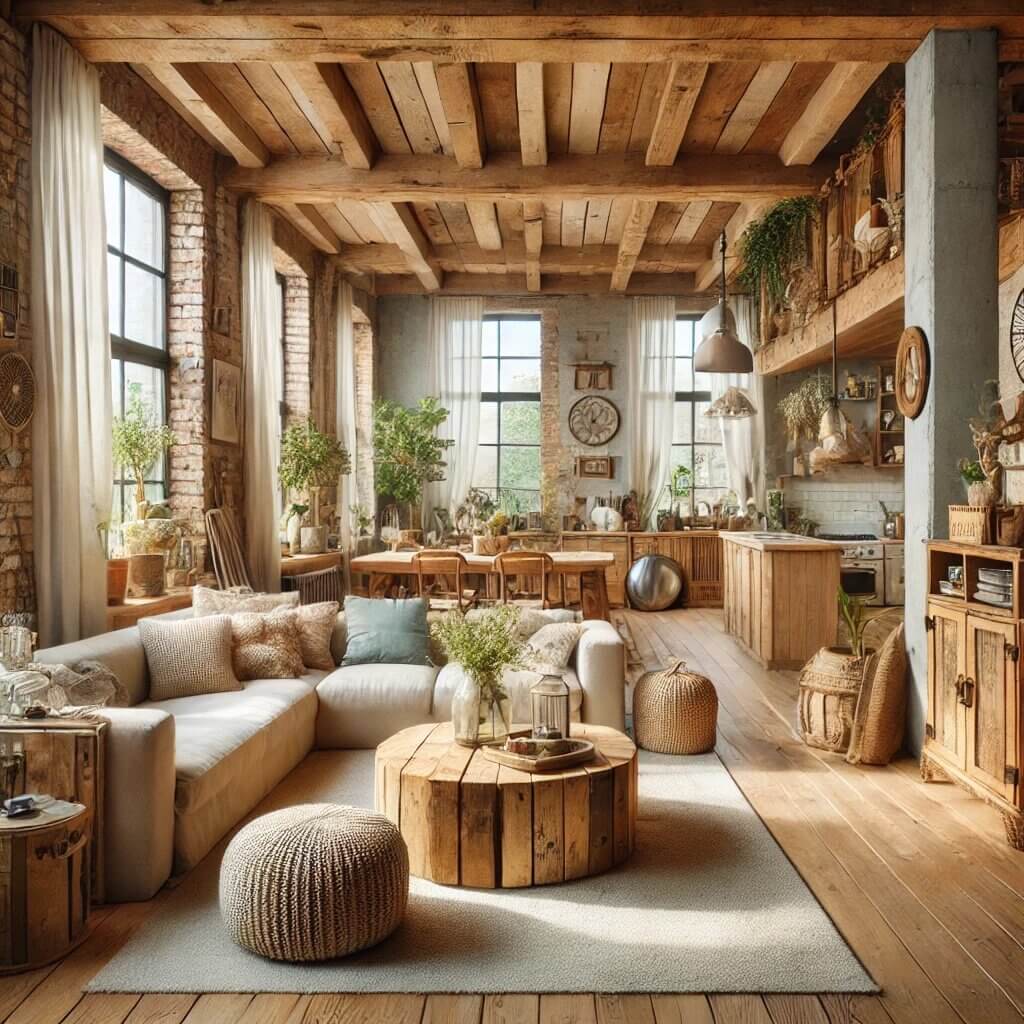Demolishing a home is often necessary, whether for a new build, major renovations, or safety reasons. But before you consider it just a teardown, it’s worth looking at the materials that can be reclaimed or recycled. Many of these materials have value, both financially and environmentally.
In Brisbane, where sustainability efforts are growing, reusing materials from a home demolition can significantly reduce waste and even save on construction costs. Instead of everything ending up in a landfill, many materials can find a second life in another project or be recycled into something new.
Why Reclaiming and Recycling Matters
Demolition generates a large amount of waste, much of which can be reused or repurposed. By reclaiming materials, you not only reduce waste but also contribute to a more sustainable construction industry. Recycling materials helps lower the demand for new raw materials, reducing deforestation, mining, and overall energy consumption.
Brisbane has several initiatives supporting sustainable demolition, encouraging homeowners and developers to be mindful of what happens to materials after demolition. Some companies specialize in salvaging reusable items, while others focus on recycling components like concrete, wood, and metal.
Planning for Sustainable Demolition
Before any demolition begins, a well-thought-out plan is essential. A strategic approach ensures that valuable materials are not destroyed in the process.
- Hire a Demolition Contractor with Recycling Expertise
Not all demolition companies prioritize material recovery. Choosing a contractor experienced in sustainable demolition practices makes a difference. They can help identify which materials can be salvaged, coordinate removal, and direct materials to the appropriate recycling facilities. If you’re looking for a professional house demolition Brisbane, it’s worth finding a company that offers material recovery as part of its services. - Conduct a Material Audit
A material audit helps determine what can be reclaimed before demolition starts. This includes assessing bricks, timber, doors, windows, roofing materials, and more. Identifying salvageable materials in advance makes the process smoother and prevents unnecessary waste. - Separate Materials Efficiently
Keeping materials separate ensures they remain in good condition for reuse or recycling. Mixing different materials often leads to contamination, making them harder to repurpose. Demolition teams that sort materials on-site can significantly increase the volume of reusable and recyclable materials.

What Can Be Reclaimed?
A surprising amount of a home’s structure can be salvaged and repurposed. Some of the most commonly reclaimed materials include:
- Timber and Hardwood Flooring: Many older Brisbane homes feature high-quality hardwood that is no longer easily available. This timber can be removed carefully and reused in new builds, furniture making, or as feature pieces in renovations. Even treated pine or softwoods from framing can be repurposed for landscaping or construction.
- Bricks and Pavers: Bricks from older homes are often highly durable and can be cleaned for reuse in pathways, garden beds, or new construction. Reclaimed bricks add character and a sense of history to new structures. Pavers, too, can be lifted and reused in landscaping projects.
- Doors and Windows: Solid timber doors and high-quality windows can often be removed intact and resold or reused. Many salvage yards in Brisbane specialize in second-hand building materials, making it easy to find a new home for these items.
- Roofing Materials: Corrugated iron sheets, clay tiles, and even modern metal roofing can be repurposed. If in good condition, they can be reinstalled on another property or used for sheds and outdoor projects.
- Fixtures and Fittings: Items such as sinks, bathtubs, cabinetry, and even light fixtures can often be salvaged. Many second-hand building material stores accept these items, and there’s a strong market for vintage or high-quality fittings.
- Structural Steel and Metal: Steel beams, pipes, and metal framing are highly recyclable. These materials can be melted down and reformed into new products or reused in another building project. Copper wiring, aluminium, and other metals also have resale value.
- Concrete and Rubble: Rather than sending concrete and masonry to landfills, these materials can be crushed and reused as road base, drainage material, or even as an aggregate in new concrete mixes. Many demolition companies now offer on-site crushing to repurpose rubble immediately.
The Process of Recycling Demolition Waste
Not everything can be reused as-is, but many materials can still be recycled. Brisbane has dedicated recycling centers that accept construction and demolition waste, processing it into reusable materials.
- Concrete Recycling
Large chunks of concrete are crushed into smaller pieces and used as a base material for roads and pathways. Some facilities also turn concrete into new construction materials. - Metal Processing
Scrap metal from demolition sites is sorted, melted, and reformed into new products. This reduces the need for mining raw materials, lowering the environmental impact. - Timber Chipping and Reprocessing
Untreated timber can be chipped and turned into mulch, biofuel, or compressed into engineered wood products. Even lower-quality wood can serve a purpose in recycled materials. - Gyprock and Plasterboard Recovery
While not always salvageable, some recycling facilities can process gyprock and plasterboard into new products or additives for soil conditioning.
Selling or Donating Reclaimed Materials
Once materials have been salvaged, there are several ways to find them a new purpose:
- Sell through Salvage Yards – Brisbane has several second-hand building material businesses that buy quality items.
- List on Online Marketplaces – Platforms like Gumtree and Facebook Marketplace make it easy to sell or give away materials.
- Donate to Community Projects – Schools, community centres, and non-profits often appreciate donations of usable materials.
Cost Savings and Environmental Benefits
Reclaiming and recycling materials after demolition is not just about sustainability—it can also save money. By reducing landfill fees and earning back some value from salvaged materials, homeowners can offset part of their demolition costs.
From an environmental perspective, less waste means fewer resources are used to produce new materials. Reducing demand for raw materials helps preserve natural resources and minimizes carbon emissions linked to manufacturing and transport.
Choosing a Responsible Demolition Company
If you’re planning a house demolition in Brisbane, it’s important to choose a contractor committed to sustainable practices. A responsible demolition company will:
- Offer material recovery and recycling options
- Separate and sort materials to maximize reuse
- Partner with local recycling centres and salvage yards
- Provide guidance on what can be reclaimed before demolition begins
Final Thoughts
Demolition doesn’t have to mean destruction. With careful planning, many materials can be reclaimed or recycled, reducing waste and benefiting both the environment and your wallet. Brisbane homeowners have access to a range of services that make sustainable demolition possible, from salvage yards to recycling centres.
If you’re about to tear down a home, take a moment to consider what can be saved—it might surprise you just how much can be given a second life.






